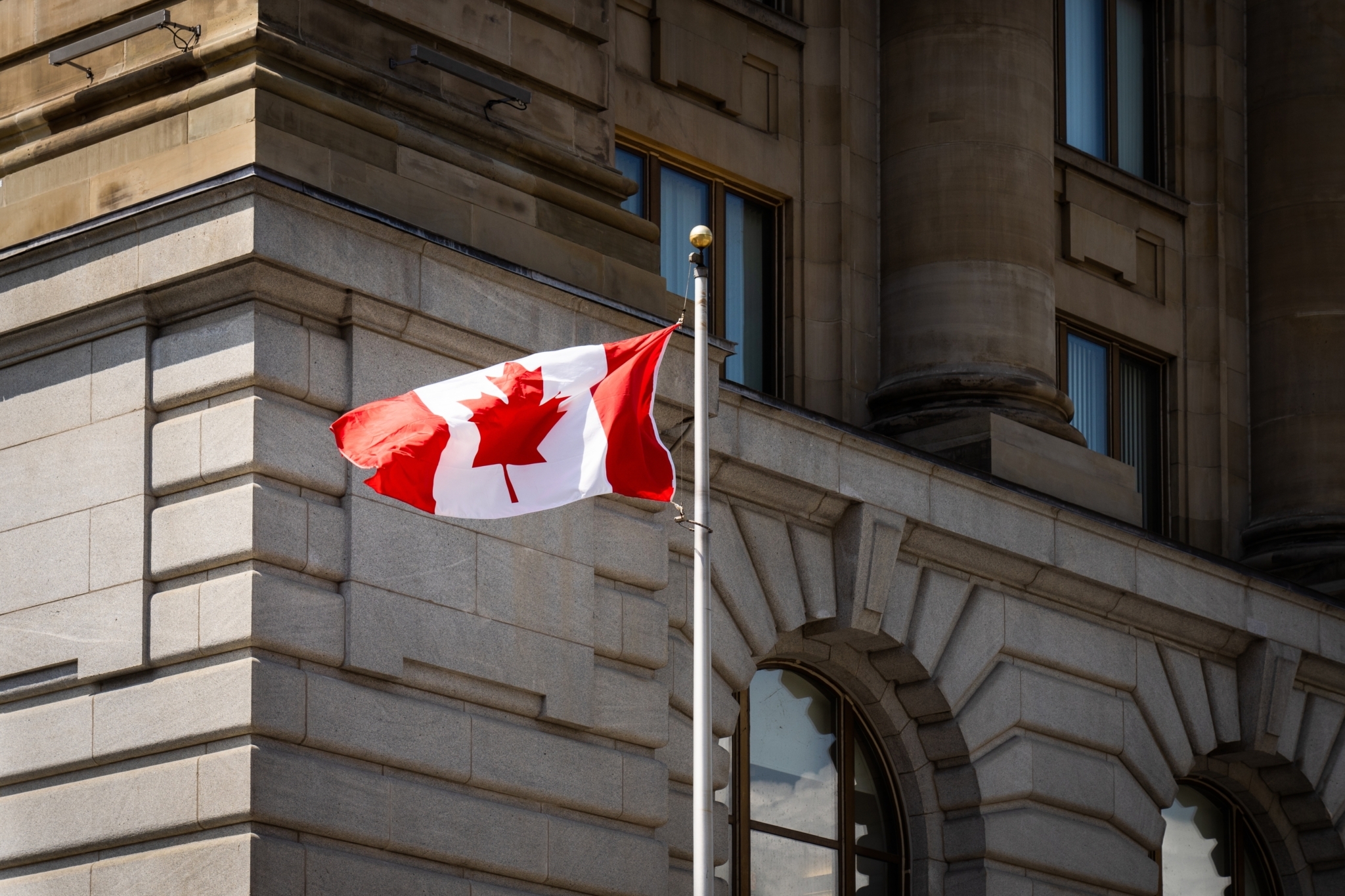May 15, 2020 | Planning Matters | 6 min read
COVID-19 Programs Affecting Your Finances
It seems the past two months have been a steady cycle of uncertainty and questions, answered mostly by more questions and uncertainty. In response, we decided to change the format for Planning Matters this quarter so that we might pass on some needed facts, direction and advice to our clients across a variety of current issues.
(The following articles posted by various parties are publicly available at the time of publication of Planning Matters. The summaries are for convenience only, please use the links to make sure you are reading their latest version.)
Coronavirus FAQ: Frequently Asked COVID-19 Questions
Click here for link
Source: Manning Elliott, a CPA firm
Summary: In this thorough review of the federal and provincial measures enacted in response to COVID-19, accountants Biddlecombe and Sousa cover important items for:
Individuals
- Summary of the Canada Emergency Response Benefit(CERB)
- Changes to the Canada Child Benefit
- Changes to GST remittances
- New filing deadlines for income taxes
- Advice for deferring loan payments
Businesses
- Getting set up with CRA’s “My Business Account” portal
- Understanding who qualifies for the 75% and 10% Canada Emergency Wage Subsidy programs
- Seeking the $40,000 interest-free loan (up to 25% forgivable) under the Canada Emergency Business Account
- Other lending options through Export Development Canada, Business Development Bank of Canada
- Seeking rent relief via the Canada Emergency Commercial Rent program
- Relief from submitting tax remittances for GST/HST, provincial taxes, and custom duties
Registered Retirement Income Funds (RRIFs) minimum withdrawal has been reduced
Click here for link
Source: Canada Revenue Agency
Summary: In order to enable retirees to avoid selling securities during the current market downturn, CRA has reduced the minimum required withdrawal for all types of registered retirement income funds (RRIFs) by 25% for the year 2020. Individuals who have already withdrawn more than the reduced 2020 minimum amount will not be permitted to re-contribute the excess amount back into their RRIFs. Tax will only be withheld if you withdraw more than your unreduced minimum amount. The 25% reduction applies to the entire minimum amount for 2020. More detail in the link.
Is it possible to deduct work-from-home expenses during COVID-19?
Click here for link
Source: Tim Cestnick, Globe and Mail
Summary: In this column, Cestnick outlines the rules for claiming home office expenses, namely that “employees can claim a deduction for certain home office expenses, but only where you meet at least one of the following two conditions:
- your home is your principal place of work (meaning you’re required to spend more than half your time working from home); or
- you use a particular room (or rooms) exclusively for earning employment income and you meet customers or others there on a regular and continuous basis for work.”
He then goes on to make the argument (note: his opinion please seek your own tax advice!) that given the necessity of home work due to COVID-19, employees should be allowed to deduct some portion of their home bills for tax purposes. There are nuances worth exploring in his article, including:
- The bare requirements are that your employer sign a Form T2200 and certify that you’re required to work more than half the time from home during a specific time in the year;
- The definition of your home as being the place where you “principally” perform your job can be flexible, to include homework space for your kids, for example – but you need to prorate your claim based on space used for work;
- CRA’s official administrative position is that holding videoconference meetings with clients or others doesn’t “count,” but that (in his view) this would not stand up today if challenged; and
- The deduction for home office work applies to your income “for the year,” but he advises only claiming deductions against income earned while at home, and carrying forward any excess to future years.

The government is being lobbied to allow people to make RRSP withdrawals similar to the Home Buyers’ Plan and Lifelong Learning Plan
Click here for link
Source: George & Bell Consulting, a privately held pension, benefits and investment consulting firm
Summary: In this press release, consultants from George & Bell propose that the federal government introduce a “COVID-19 Plan,” which would mirror the existing programs in place for new homebuyers and post-secondary students. Under those plans, withdrawals do not attract income tax when withdrawn, and re-contributions are allowable and are required over a long period of time (10 or 15 years), regardless of RRSP room. Their proposed plan would:
- Allow all Canadians to withdraw up to $35,000 from their RRSP during 2020;
- Not attract withholding taxes or personal income tax; and
- Allow up to 15 years for repayment of the withdrawal, with no impact on RRSP room.
- A similar proposal was included in an Opinion piece in the Financial Post.
The government is being lobbied to change the tax rules governing capital gains and losses
Click here for link
Source: Investment Industry Association of Canada (IIAC)
Summary: In this two-page letter to Finance Minister Bill Morneau, the IIAC proposes that CRA amend its treatment of capital gains and losses in the following ways:
- Remove the Superficial Loss Rule for 2020. A superficial loss is when an investor sells a security triggering a capital loss for tax purposes and repurchases the identical security within 30 days before or after the sale. IIAC proposes investors be allowed to sell a stock at a loss in a non-registered account and then immediately buy it again in a registered account.
- Allow a Portion of Net Capital Losses Incurred in 2020 to be Used to Offset Personal income. The key proposed change here is that losses be permitted to offset regular income, and not just net against capital gains. They propose the following limits on this benefit:
- No more than 50 per cent of personal taxable income can be offset in the current calendar year, with any net capital losses left over carried back up to three years or forward indefinitely to offset net capital gains; and
- No more than $100,000 in total net capital losses in 2020 can be used to offset personal income.
Cyber security tips from Leith Wheeler Chief Information Security Officer James Goodchild
Cyber security, especially during times like these, is even more critical as bad actors tend to come out of the woodwork to prey on unprepared or unsophisticated users of technology. There are a few ways that individuals and businesses can minimize their risk, however, by:
- making sure all anti-virus/malware program(s) are working and up to date;
- training on techniques to safely review email addresses, links and attachments;
- ensuring home routers require a password to access WiFi;
- encrypting traffic from home to the Internet using a virtual private network (VPN) service; and
- using encryption and passwords for video conferencing when sensitive matters are to be discussed.
Above all else, common sense goes a long way towards mitigating cyber security risk. If someone is promising prizes or money, urgently needs your attention or tries to intimidate you, you should pause, reflect, and if in doubt, contact your technical team or authorities.
COVID-19 measures taken by pension regulators across Canada
Click here for link
Source: Lawson Lundell LLP pension attorneys Sophia Ma and Meghan Popp
Summary: The regulators, federal government, CRA, and provinces have been busy implementing measures to support and protect pensions through the COVID-19 crisis. If you own a business that provides pensions for your employees, or you draw one yourself, this overview will be useful. A few notable programs:
- DC plans: CRA announced it will waive the requirement for employers with defined contribution plans to contribute at least 1% of the total pensionable earnings of all active members for the remainder of 2020
- DB Plans: The government will provide immediate, temporary relief to plan sponsors by granting a moratorium for the remainder of 2020 on solvency payment requirements for federally regulated defined benefit pension plans
- Filing Deadline Extensions: Have been provided across the board
- 2021 Relief: The federal government also announced that it will consult with stakeholders over the coming months to provide potential relief from 2021 funding obligations




